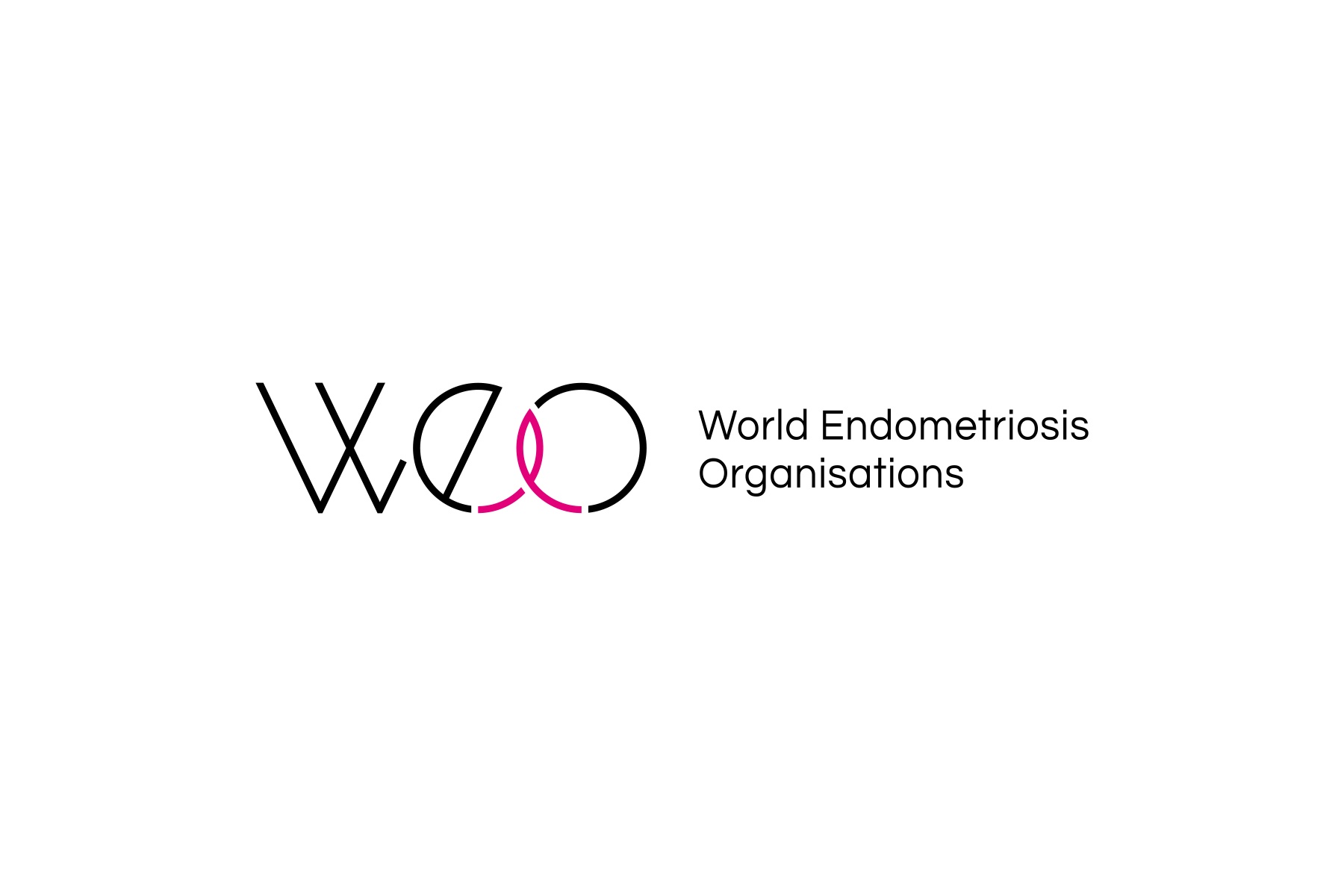World Endometriosis Organisations (WEO) represents 200 million with endometriosis globally

The World Endometriosis Organisations was officially launched this week. WEO was initiated to address the significant global issues facing those with endometriosis and improve health outcomes for girls and women around the world. Now, with 27 member organisations world-wide, WEO is readying itself to be a significant driver of change for those with endometriosis. WEO is affiliated to the World Endometriosis Society (WES), making it a unique and leading influencer in its field.
Deborah Bush who is CEO of Endometriosis New Zealand, is the Founding Principal of WEO and she is joined by a committee comprising Kathleen King (Endometriosis Association of Ireland), Ásdís Bragadóttir (Endometriosis Association of Iceland), Abeesha Toussaint (Trinidad and Tobago Endometriosis Association) and Tayla Gray (Endometriosis New Zealand).
WEO is placing emphasis on collaboration, advancing skills and knowledge, contributing to research, and identifying new and innovative opportunities to positively contribute to the endometriosis and reduce the shocking statistics associated with the disease.
Endometriosis is a major global public health issue affecting 1 in 9 or approximately 200 million world-wide. Ms Bush said, “While the disease has plagued people for centuries, it has been swept under the carpet, overlooked in importance and usually given little or no priority in health sectors right around the world. Worse still, the disease starts young, often from a child’s first menstrual period and it can have a debilitating effect on schooling, careers, relationships, everyday function and fertility.”
WEO is dedicated to strongly influence change by working with all stakeholders and advocating on behalf of those with the condition. Ms King says that “For too long endometriosis has been misdiagnosed and misunderstood, coming together under a strong body like the WEO will allow us to educate, advocate and represent those living with endometriosis. This partnership ensures a high standard of information being shared with all those involved in the care, research and support of endometriosis.”
Social media has enabled increased awareness of endometriosis globally but Ms Toussaint said “endometriosis patients’ stories seem most profound as there is increased awareness of the varying signs and symptoms of endometriosis. However, in this context, increased awareness does not equate with improvement in health outcomes for endometriosis patients. They still suffer at the hand of this disease – ineffective and often outdated treatment, significantly reduced quality of life, chronic pain, sub-fertility and infertility, exhausted financial resources, and high absenteeism at schools and workplaces. This signals the need for a continued structured approach to actively engage more health professionals on the topic, which will eventually lead to improved health outcomes and ultimately a better quality of life for patients.”
“There remains an 8+ year delay in getting a diagnosis meaning that young girls and women are not getting treatment they need and are at high risk of infertility. Some drop out of school and others lose their job due to too many sick days. This delay in diagnosis is not acceptable and needs to be addressed by health officials all over the world” said Ms Bragadóttir.
Ms Bush said “It is scandalous to think that 27% of female students miss school every or most months with pain and symptoms interfering with their every-day lives. It is something WEO is committed to change through education to young people the world over.” New Zealand’s Menstrual Health and Endometriosis programme known as me™, has been operating in NZ schools for 21 years and has profoundly impacted earlier presentation of symptoms and earlier management. “This is something we can all learn from,” said Miss Gray who is the National Educator at Endometriosis New Zealand.
In true international style, the WEO logo has been designed by graphic designer Adrienn Salamon (For Women’s Health Foundation in Hungary). WEO’s colour, magenta is about change and transformation, compassion, kindness and cooperation. Magenta is said to uplift spirits when everything feels bad and for many of the 200 million world-wide who have endometriosis, the disease can be isolating and all sense of hope for well-being is often lost.
This is particularly so in New Zealand, where endometriosis is often classified as a non-urgent disease in our public health system and those with often life-altering symptoms, cannot even be seen or access care.
The World Endometriosis Organisations will strive for better understanding of the disease, improved treatment and management and will combine their strengths to make the world of difference to those with the disease, their families, communities as well as working with governments and health decision makers to bring about legislative change.




